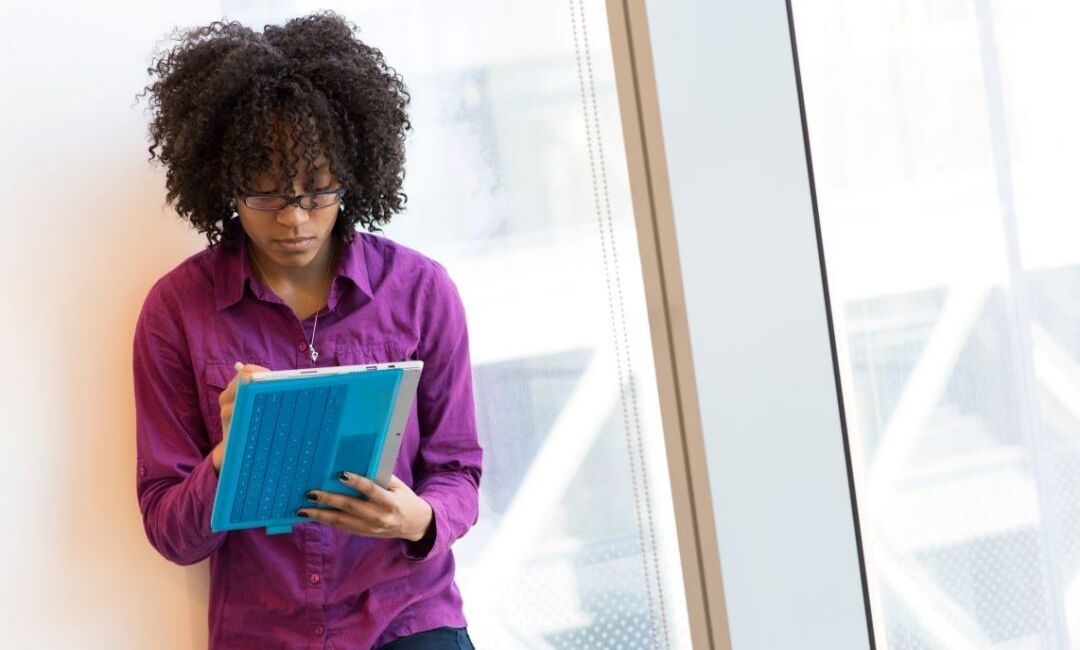Crises create stress, not only in individuals, but in systems.
Conversations beyond the crisis: economic opportunity for women and families

A discussion about women, families, and economic opportunity is very different today than it would have been just a few short weeks ago. All of us are in unknown territory, trying to keep up with an unprecedented situation that changes day-to-day.
Crises create stress, not only in individuals, but in systems. We’re increasingly aware of gaps, weaknesses, and inefficiencies. Yet the dilemmas we are facing today – balancing work and family, trying to secure financial stability, and making choices for the health of our loved ones – are dilemmas that many people deal with every day.
Could the policies and norms developing around COVID-19 have repercussions beyond the immediate crisis?
Will policies stick?
The nature of work is changing. Full-time teleworking shifts our schedules, our approach to meetings, our technology needs, and our expectations. For those who don’t have that flexibility, such as hourly employees and small business owners, the implications of a nation in lockdown are grim.
We spoke with scholar Aparna Mathur about where workplace policies and practices are headed. Some, like paid family leave, are now on the books for certain sectors as part of COVID-19 relief legislation. There is already speculation about whether these types of policies should be widely implemented after the crisis to support the economic mobility of women and families.
According to Mathur, making work more flexible, allowing remote work, making childcare affordable, and offering paid family and medical leave are changes that businesses can tackle on their own:
We need a change in perspective. We can keep talking about policies, but unless we change mindsets, we’re not going to adopt them across the board. It can’t just be a government policy that tells businesses that that is okay to do. It has to be something that happens across the board within an organization. It has to be a tone set by the leadership. It has to come from your colleagues who are not judging you for taking time off. It has to be a change in the way we think about work and the way we think about family.
This kind of social change usually happens slowly. An emergency like we’re in now is an exception. Crises are excellent at showing strengths and weaknesses in our systems, and draw attention to who is most vulnerable to the negative effects of those weaknesses. The challenge in times like these is to identify where and how improvements can be made without taking a panic-driven “just do something!” approach.
Looking ahead now
Our shared experience of this time creates space for discussion. We all hope this is a black swan event and that we’ll return to “business as usual” when the crisis has abated, but perhaps we can emerge better than before.
We’ll be offering more opportunities to dive into these questions and others in the coming weeks through our pop-up discussions and Ideas at Work interviews with experts. See a question or concern that speaks to you where you are right now? Drop us a line and tell us about it. You can be the start of our next civil conversation.